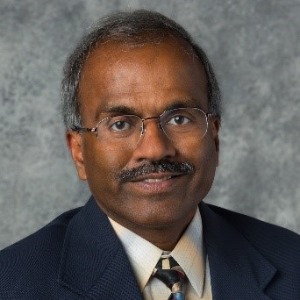8th Edition of Euro Global Conference on
Food Circular Economy
The concept of the food circular economy revolves around creating a sustainable and regenerative food system that minimizes waste, conserves resources, and maximizes the value of food products throughout their lifecycle. It emphasizes the principles of reduce, reuse, recycle, and recover to achieve a closed-loop system where resources are continuously circulated rather than being discarded. In a food circular economy, food production, processing, distribution, consumption, and disposal are interconnected and optimized to minimize environmental impact and promote economic prosperity. This involves adopting practices such as sustainable agriculture, efficient food processing and packaging, reducing food loss and waste, and promoting circular business models such as reuse, refurbishment, remanufacturing, and recycling. Key strategies include implementing farm-to-fork approaches that prioritize local sourcing, short supply chains, and direct producer-consumer relationships to reduce transportation emissions and support local economies. Additionally, innovations such as precision agriculture, vertical farming, and agroecological practices help optimize resource use, reduce environmental footprint, and enhance resilience to climate change. Circular economy principles also extend to food packaging, with a focus on using renewable, biodegradable, and recyclable materials, as well as designing packaging for reuse and recovery. Initiatives such as composting, anaerobic digestion, and bioenergy production help divert organic waste from landfills and convert it into valuable resources such as compost, biogas, and renewable energy. Furthermore, consumer education and engagement play a crucial role in promoting sustainable consumption patterns, reducing food waste, and supporting circular food systems. By transitioning to a food circular economy, society can achieve multiple benefits, including improved resource efficiency, reduced greenhouse gas emissions, enhanced food security, and economic growth. Overall, the food circular economy represents a holistic approach to addressing the environmental, social, and economic challenges of the current linear food system and creating a more resilient and sustainable food future.

Kasiviswanathan Muthukumarappan
South Dakota State University, United States
Said Bouhallab
INRAE, France
Giovanni De Francesco
University of Perugia, Italy
Alex Martynenko
Dalhousie University, Canada
Aduba Collins
Charles Sturt University, Australia
Ana Isabel Najera
University of the Basque Country EHU, Spain


